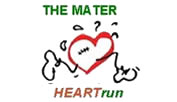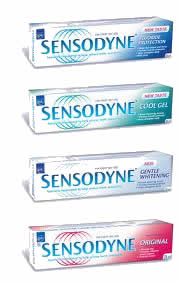ADEQUACY OF BLOOD PRESSURE CONTROL AND LEVEL OF ADHERENCE WITH ANTIHYPERTENSIVE THERAPY
Abstract
Objectives: To determine the adequacy of blood pressure (BP) control and level ofadherence to pharmacotherapy in hypertensive out-patients.
Design: Cross-sectional study.
Setting: General medical outpatient clinics at a tertiary referral hospital, KenyattaNational Hospital.
Subjects: Hypertensive with at least one documented renewal of prescription.Main outcome measure: Adequacy of BP control and level of adherence by the Hill-Bone score.
Results: Of 783 patients screened over a six month period, 575 (73%) met the inclusioncriteria and 264 were randomly recruited; 67% were female; mean age was 57.3 years;mean duration of hypertension was 6.75 years (range six months to 31 years);21.6%had normal BMI. Knowledge of lifestyle measures for BP control was weight loss 50%,exercise 54% and salt restriction 80%. Number of antihypertensives prescribed were35.2% two drugs, 36.6% three drugs and 14.9% on four or more drugs; with drugs classbeing thiazide diuretics 64.1%, B-blockers 55.7%, calcium channel blockers 55.3% andangiotensin system inhibitors at 50.4%. Sixty eight (26%) had adequate BP control and114 (58.5%) of those with inadequate BP control had BP of > 160/l00mmHg. Eightyfour (31.8%) of the patients were fully adherent to antihypertensive therapy. Nonadherence was not significantly associated with any socio-demographic factors. PoorBP control was significantly associated with non adherence (p=0.006, r2=0.54 SBP, 0.63DBP), obesity (p=0.03), and increasing number of medications (p=0.012 DBP and 0.038SBP);other factors included obesity, suboptimal dosing and suboptimal therapeuticcombinations.
Conclusion: We document poor BP control in 75% of our treated hypertensive patientsand this is largely due to non adherence, with other associated factors being obesity,suboptimal drug combinations and doses.
Refbacks
- There are currently no refbacks.


